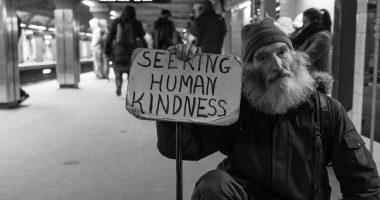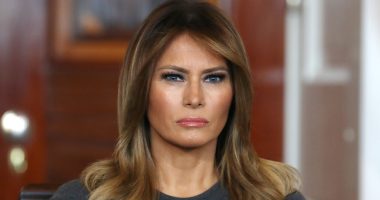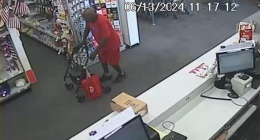
An archbishop of Canterbury in the 18th century approved payments for the purchase of enslaved people for two sugar plantations in Barbados, documents seen by the Observer have revealed.
Thomas Secker agreed to reimburse a payment for £1,093 for the purchase of enslaved people on the Codrington Plantations, as well as hiring enslaved people from a third party. It was stated the measures were “calculated for the future lasting advantages of the estates”.
The papers are among a cache of documents found in the archives of Lambeth Palace Library which detail the direct links between the Church of England and chattel slavery on plantations owned by its missionary arm, The Society for the Propagation of the Gospel in Foreign Parts (SPG).
In response to the Observer’s revelations, Justin Welby, the archbishop of Canterbury, said: “Every new piece of evidence around the Church’s involvement in the slave trade is sobering, and reading that a former archbishop of Canterbury was involved in the purchase of enslaved people is particularly painful.
“It is also a reminder that this work is not finished and there is more we need to do to examine our role in the trade in enslaved Africans, which was a blasphemy against God’s creation in treating men, women and children as less than human.
“While nothing can fully atone for these crimes, we are committed to finding out more, realising that this will take many years and could span generations.” He said research into “the most egregious aspects of our history” was “most welcome”.
The SPG was left the two sugar plantations in 1710 by the colonial administrator Christopher Codrington. His will stipulated that he wanted the plantations to be worked with 300 enslaved people and a college to be founded on the estate. It has been estimated the plantations generated £5m a year in today’s money.
The SPG was founded in 1701 by royal charter to convert people in the colonies and its governance meetings were regularly chaired by the incumbent archbishop of Canterbury. Successive archbishops of Canterbury were sworn in as SPG president throughout the period that enslaved persons worked on the plantations, from 1710 to 1838.
At meetings chaired by Secker in November 1758 and August 1760, payments were approved to reimburse accounts for the purchases of “new negroes”, as well as hired enslaved labour, according to the documents in the Lambeth Palace Library archive.
Trevor Prescod, a Barbados MP and chair of the Barbados National Taskforce on Reparations, said the evidence showed the involvement of the church in slavery on the plantations “right up to the archbishop”.
“The church was at the centre of establishing slavery and was probably one of the biggest benefactors,” he said. “No one can understand the seriousness of this crime against humanity better than the church itself and it now has a responsibility to compensate all the victims of slavery.”
Enslaved people on the Barbados plantations owned by the Church of England’s missionary arm were branded with irons and forced to work “under the whip”. A document listing those on the plantations in 1781 revealed 73 children among the enslaved people.
after newsletter promotion
The Church of England apologised in 2006 for “its involvement in the slave trade” and operation of the Codrington Plantations but has not previously acknowledged the role of an archbishop of Canterbury in approving funds for the purchase of enslaved Africans.
The Church Commissioners, the body that manages the church’s financial assets, published a full report in January last year on its financial links to the chattel slavery trade via the Queen Anne’s Bounty, a fund used to supplement the income of clergy. It pledged £100m in a fund to “address past wrongs”.
A report by an independent oversight group to advise the Church Commissioners on historic links to transatlantic chattel slavery recommended in March that the church “fund research to uncover the full picture of the Church’s involvement in African chattel enslavement and use of the wealth derived from it”.
In September last year, the United Society Partners in the Gospel, the successor organisation to the SPG, issued an apology over chattel slavery at its plantations which it recognised as “crimes against humanity”. It said enslaved people were branded and were not provided with proper care, resulting in many deaths.
The Church Commissioners said: “We have committed to undertake and enable further research, in the knowledge that our archives will have far more to tell about other ways in which the Church was involved in African chattel enslavement.
“This includes the Codrington Plantations – for example, a letter was recently discovered which shows that there was awareness at a very senior level of the horrors of enslavement on these plantations. We have published this letter on the Lambeth Palace Library website, as well as referring to Codrington on our own website where we have published the findings of our research into the Church Commissioners’ links to African chattel enslavement.”
Read More: World News | Entertainment News | Celeb News
Guardian









